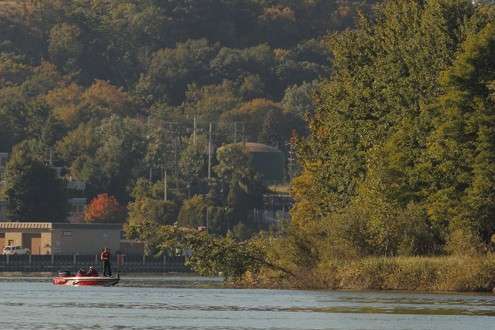
The Michigan Department of Natural Resources (DNR) is asking all anglers to complete a new online survey so it can get more public input on proposed regulations to expand Michigan’s bass fishing seasons.
For the past year, the DNR’s fisheries division has been working with the Warmwater Resources Steering Committee, a public advisory group, to discuss possible expansion of bass seasons. The Michigan B.A.S.S. Nation has been actively participating in the discussions, providing input on the social and economic benefits of extending the bass season and challenging the committee to use sound science in the decision-making process.
“I encourage any and all persons who have fished for bass in Michigan, will fish in Michigan, or who having the bass season changed would make them more likely to fish in Michigan, to take the online survey,” said Dan Kimmel, Michigan B.A.S.S. Nation conservation director.
Both resident and non-resident bass anglers are encouraged to complete the 11-question survey here.
“It is vital that the Michigan DNR hear from bass anglers,” said Gene Gilliland, B.A.S.S. national conservation director. “This is a rare chance to influence fisheries management policy in Michigan … but if bass anglers don’t respond to this survey, those who want to limit bass fishing opportunity and tournament activity will win the day.”
The regulation options being discussed would increase the season for catch-and-release fishing and increase the length of the harvest seasons on inland lakes as well as Great Lakes waters and the Lake St. Clair system, which could encourage tournament activity.
Kimmel said Option #4 was added late in the process as a compromise that would allow bass anglers more choice to fish the way they prefer, including holding tournaments over a longer season on more of Michigan’s waters. Many key political figures in the state have seen the positive economic impact that bass tournaments are having and are supportive of the expanded seasons.
Under all options, bass populations would still be protected and include a winter no-harvest season, 14-inch minimum size limit and a five-bass daily possession limit.
